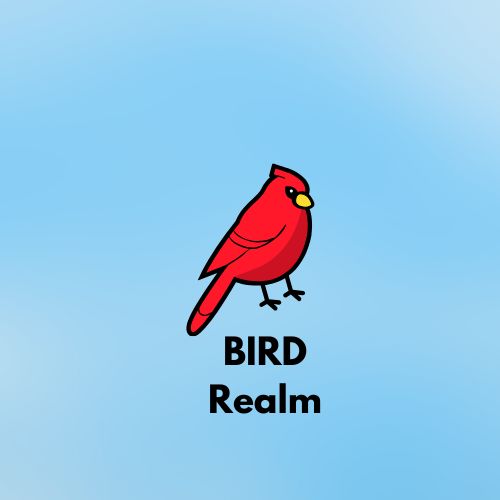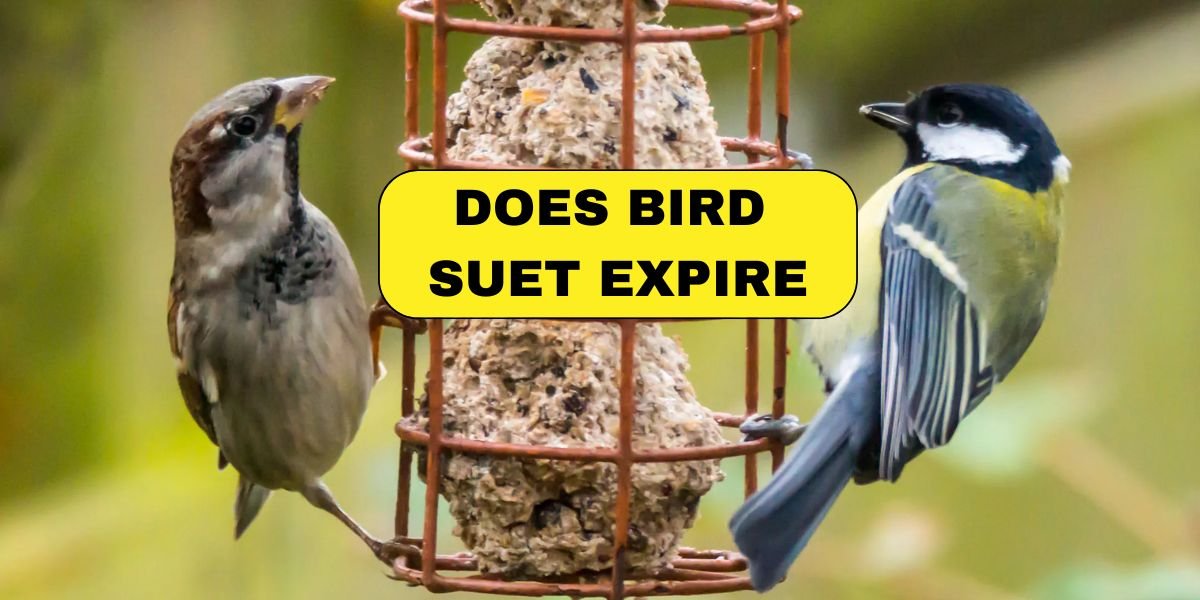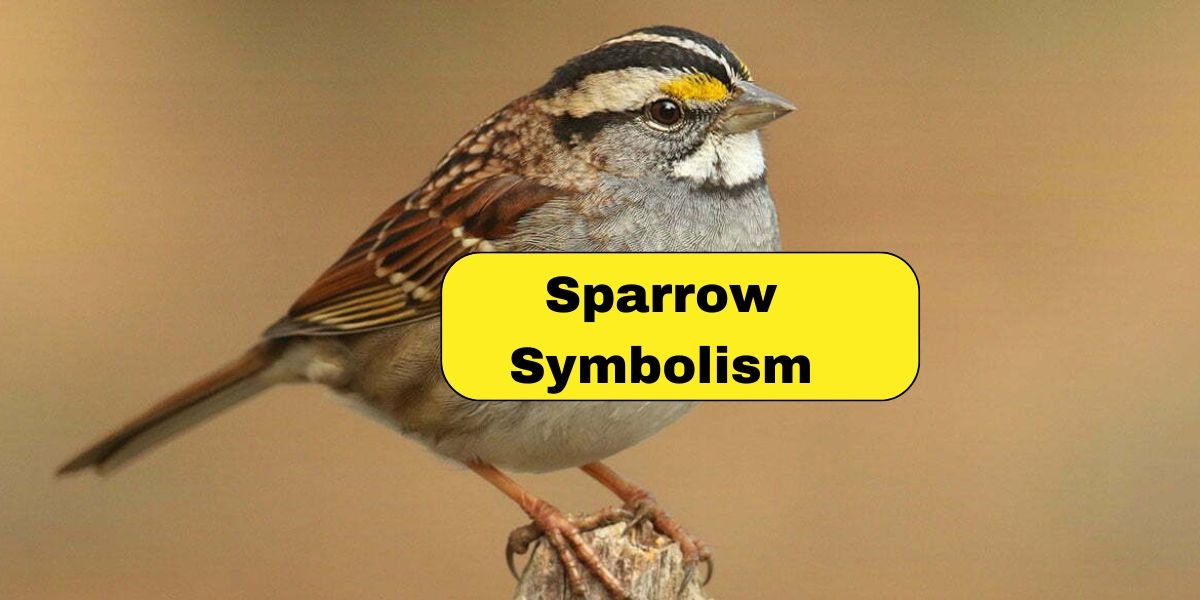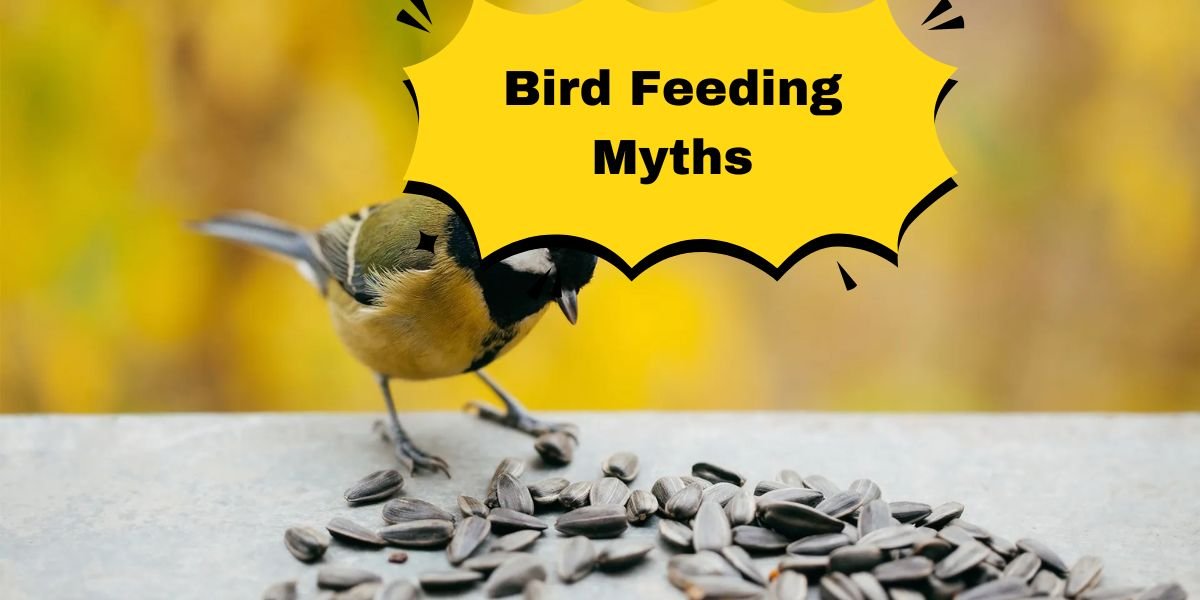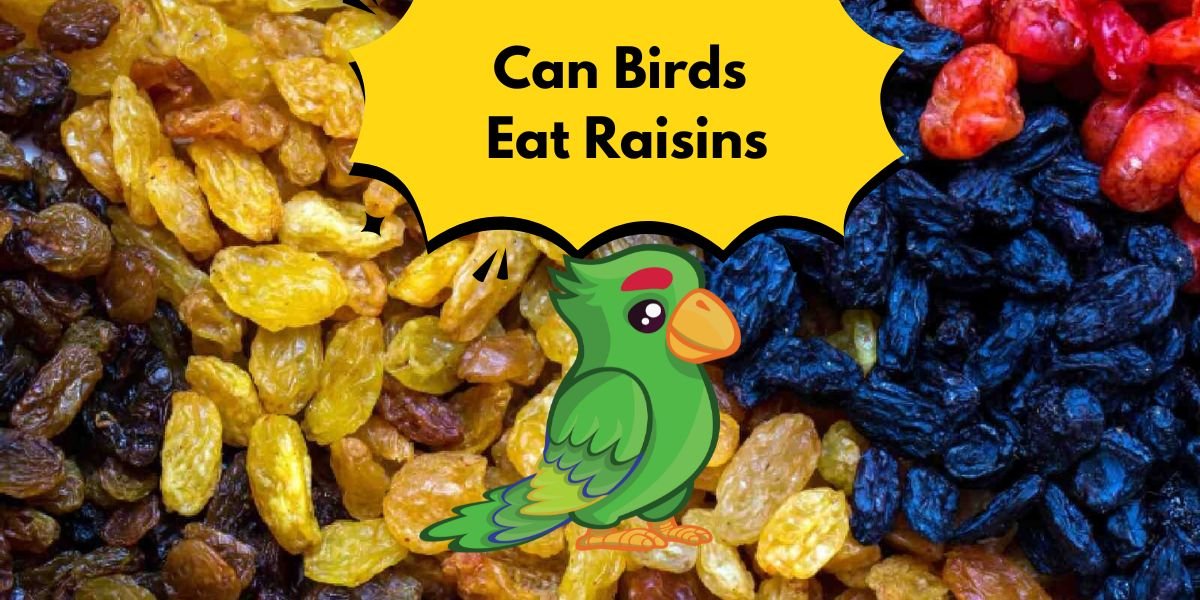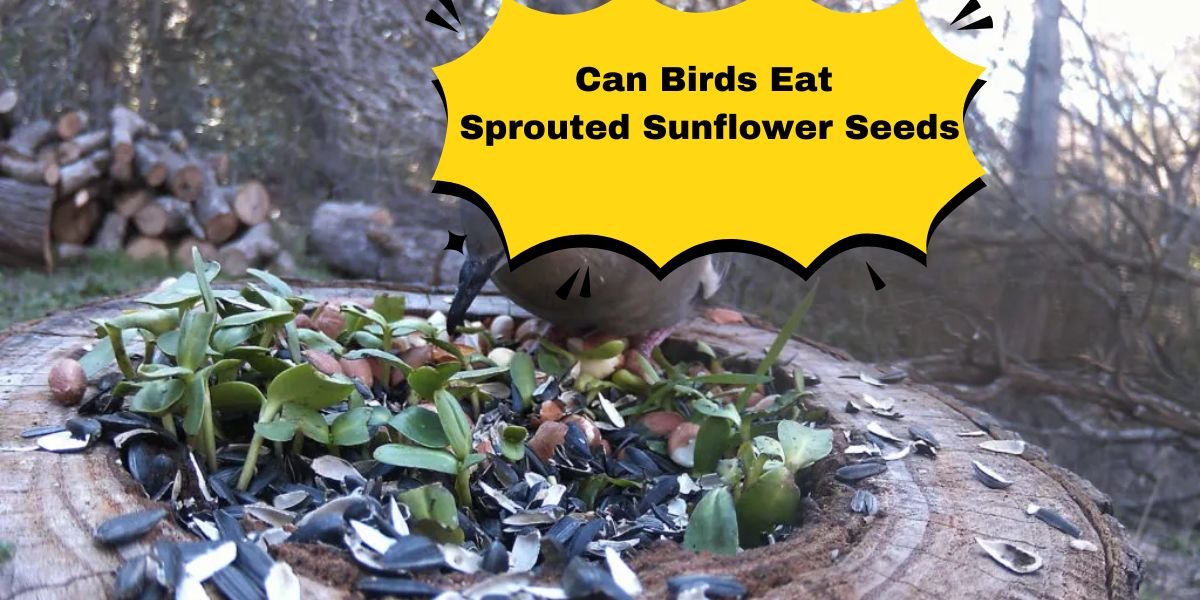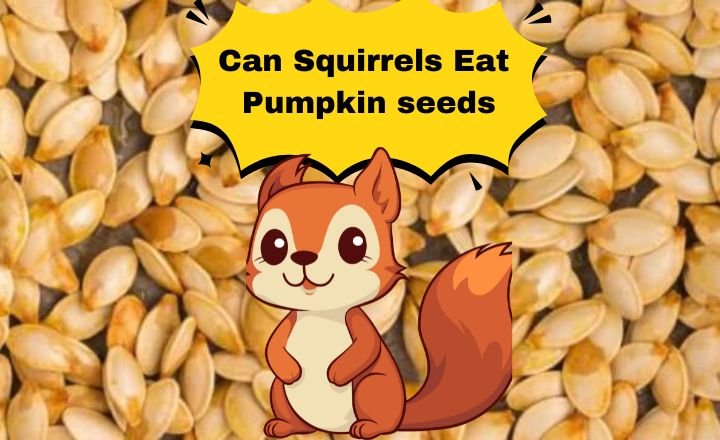Does Bird Suet Expire?
When winter arrives backyard birdwatchers typically attract numerous active flying visitors through the use of suet. When backyard birdwatchers prepare and watch bird suet feeders they need to consider Does bird suet expire.
The shelf life of this widespread high-energy food determines the health condition of our visiting birds while affecting our budget. We will examine bird suet’s complete journey with an explanation of its components together with proper storing methods and effective utilization techniques in this guide.
Those new to birdwatching as well as those who have experience will both benefit from this information. The lifespan of bird suet determines your ability to provide safe feed for your visiting birds throughout the entire winter season. The following guide introduces you to expiration date specifics and provides essential instructions for enhancing your feeding practices.
Can Suet Expire?
Many gardeners and bird enthusiasts might store leftover suet for months, it’s essential to recognize that, like most food products, it can indeed expire. Generally, the fat used in suet has a more extended shelf life than other types of bird feed.
Environmental factors such as temperature and humidity play crucial roles in its degradation. Therefore, if you notice any unusual odors or changes in texture—like rancidity or mold—it’s time to toss that batch.
One often overlooked aspect of bird suet is the quality of ingredients and preservatives used. Homemade or natural suet tends to spoil faster than commercial varieties packed with preservatives designed to prolong freshness.
Signs of Bad Suet
Check the usability of fresh suet by its faint mild fragrance because any sour or rancid scent indicates it has gone bad. The scent indicates that fat breakdown in the suet becomes dangerous to birds.
The ideal texture for suet consists of a firm material that can be bent easily without breaking. An excessive layer of grease along with noxious slime provide visible signs that oxidation process has damaged the suet material

Visual cues also play a significant role in determining suet quality. There are a few indicators that suet has gone bad.
- Smell
- Texture
- Mold
- Discoloration
Smell
Suet which has turned bad produces distinct rancid odors and foul smells. The aroma of new suet remains odorless while also bearing a light nutty fragrance. You should dispose of the suet whenever you notice a foul odor similar to spoiled fat along with an overwhelming unpleasant scent. The spoiled condition of suet affects food quality on bird feeders while simultaneously driving birds away from returning to feed.
Texture
Sensitive bird suet indicators show deterioration through its transformation into coarse or fragmenting texture. Touch the fresh suet to check the texture because a smooth feeling and light pliability indicate freshness while an unpleasant powder indicates poor condition.
The degradation of fat indicates that it has started oxidizing together with degradation which affects both nutritional quality and attractiveness to birds feeding at the feeder.
Mold
When bird feeders contain moldy suet it acts both as a repellent for birds and generates health risks for them. Throughout the winter season birds use suet as their energy source so feeding altered bird food means delivering spoiled food to dinner just like serving unwanted food to family members.
Discoloration
Discoloration reveals the main sign that your bird suet has spoiled. A fresh suet maintains a smooth creamy white appearance with light beige tones; any transformation into yellow discoloration indicates that the suet has lost its freshness.
The rotation in color points to the start of lipid breakdown known as rancidity that causes wildlife nutrients to vanish. The presence of dark spots on suet should raise alerts because they could indicate mold growth or contamination through outside elements.
Storing Suet to Extend Its Life
Several precautionary measures help extend the usability period of suet although it will eventually start to break down. Store both rendered and rendered suet inside sealed containers which should remain in dark and cool conditions either in your refrigerator or freezer.

This not only prevents rancidity but also keeps unwanted pests at bay and minimizes exposure to fluctuating temperatures. Here are some tips for freezing and storing suet.
- Airtight Packaging
- Rotation
Airtight Packaging
To extend the life of your bird suet, proper storage methods are essential. Airtight packaging is the gold standard for preserving freshness and potency. When you seal suet in an airtight container, such as glass jars or vacuum-sealed bags, you effectively prevent exposure to air, moisture, and pests—all of which can drastically reduce its quality over time. This simple step not only safeguards the integrity of the fat but also keeps out contaminants that might spoil the mix.
Rotation
Proper rotation of feed materials stands as a critical step to offer peak nutrition to birds. Writing date labels for your suet storage permits you to start with the oldest inventory while detecting color and smell changes which indicate spoilage.
How Long Does Packaged Bird Suet Last
Unopened packaged bird suet can last up to 1–2 years when stored in a cool, dry place.
Once opened, it’s best used within a few months for freshness. In hot weather, suet may spoil faster, so refrigeration can extend its shelf life.
What to Do With Bad Suet
You must first determine the condition of bad suet before deciding which further actions to take. The first step should begin with checking whether the feed simply spoiled or produced an offensive smell which typically affects stored bird products.

A expired suet block that will not serve birds should not be discarded immediately. Take time to develop innovative ideas for using expired suet throughout your home surroundings. Using rancid suet will enhance compost piles as its fats work to balance material carbon content and stimulate microbial growth.
Final Words
Does Bird suet expire? Bird suet maintains its useful lifespan because of storage environment aspects together with product component composition. The effectiveness of bird suet diminishes together with its appeal to birds although the product does not spoil the way that perishable foods transform. The most crucial test before using aged suet for your birds is to inspect for mold or the presence of rancidity since it affects their nutritional value. Storage in a cool dry setting has the power to maintain the functional lifespan of suet feeds. Regular quality checks on your bird suet will help maintain proper health and happiness of your backyard birds.
